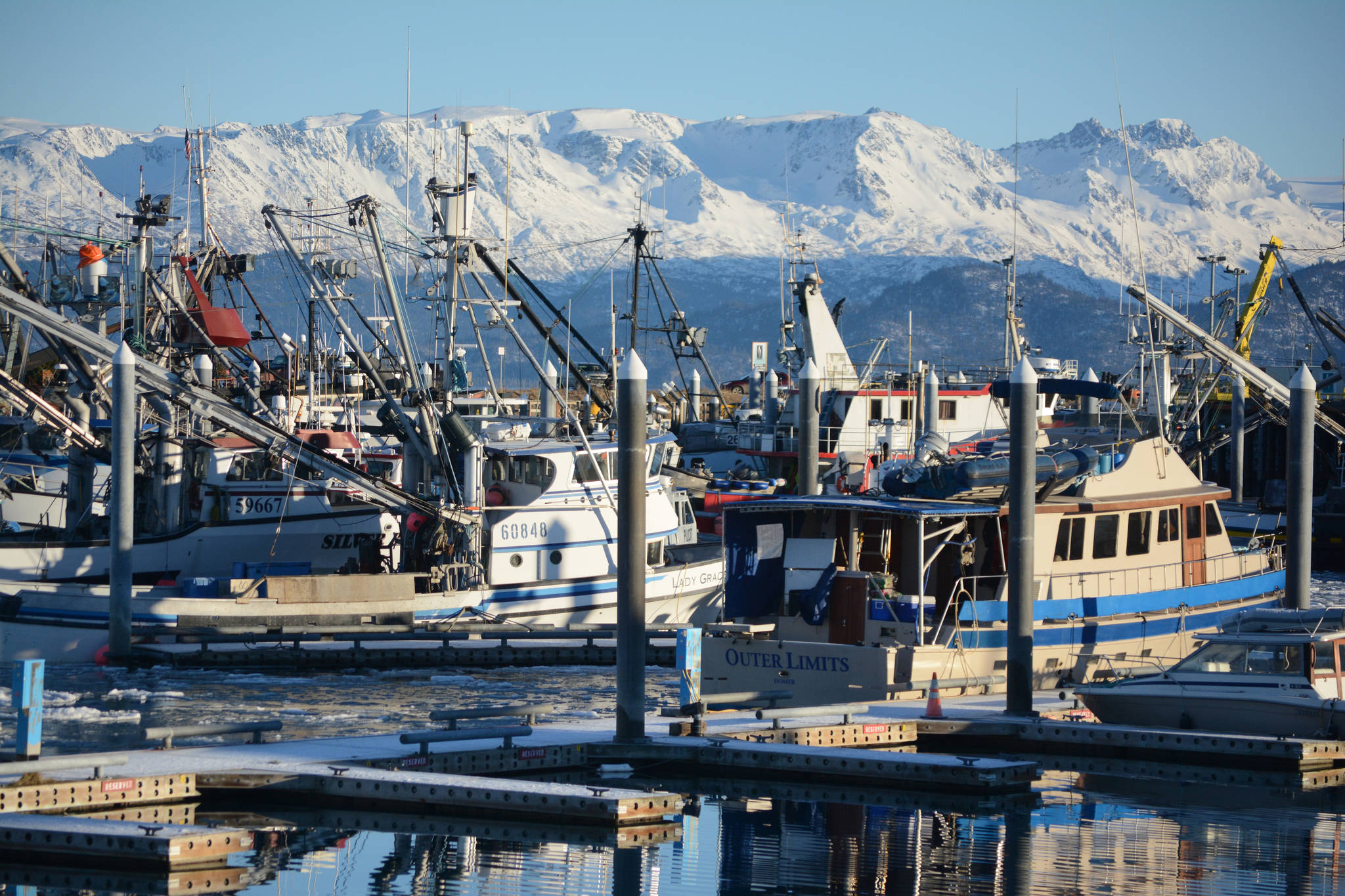In what has become a fast-moving case, National Ocean and Atmospheric Administration Fisheries invoked what is known as Amendment 14 to close federal waters, everything outside of 3 miles from shore, to commercial salmon fishing in Upper Cook Inlet — essentially gutting the fishery.
That led to a hearing Monday in federal court that put the case on a fast track to have documents and data before the court by Friday to decide whether to amend the original complaint, to object to NOAA’s failure to follow clear instructions from the 9th Circuit Court to create a new fisheries management plan for the area, or file a new lawsuit.
It all stems from a 2013 court case filed by United Cook Inlet Drift Association and Cook Inlet Fisherman’s Fund that asked the federal government to step in and manage the fishery in federal waters to force compliance with the Mangnuson-Stevens Act. UCIDA and CIFF maintain that the state of Alaska has not followed MSA regulations and that over-escapement and state management has led to economic and biological unsustainability.
Former UCIDA board member and current UCI fisherman David Martin said that blame for the closure falls with the state.
“To make it perfectly clear, it was the state that came up with Amendment 14 and presented it to the (North Pacific Fisheries Management) council for a vote. When the state tries to blame the feds, don’t put up with it,” Martin said.
Fisherman Ian Pitzman agreed.
“I don’t see that there’s a lot of choice in that,” he said, referring to legal action. “The state has been driving the bus. They’re closing most of the historical fishing grounds; the only recourse is legal. None of this was started by the fishery advocacy groups. It’s been a multi-decade struggle. It used to be 90% commercial, and that’s been taken away, reallocated to other people.”
He added that he and his daughter both still have UCI permits, but don’t have any plans to come back soon. They’ve moved on to the more lucrative and stable Bristol Bay salmon fishery.
“My daughter and I got squeezed out by the management. We still have our permits, but we don’t have any plans to come back to the Inlet,” Pitzman said.
Roland Maw, consultant for UCIDA, laid out the legal argument.
“It’s our view that the original views of the court have not been fulfilled. The 9th Circuit Court said Amendment 12 is contrary to law. Therefore, (NOAA and NPFMC) has to do a new fisheries management plan for the fishery. The 9th Circuit Court was pretty clear on that,” he said.
Amendment 12 refers to highly migratory species, which includes salmon returning to Cook Inlet, which aims to improve and streamline fishery management procedures to enhance their utility for managers and the public.
“Council said NMFS agreed. We’re going to close half the fishery. We don’t think that’s what the 9th Circuit Court wanted them to do,” Maw said.
He added that the judge doesn’t get to decide whether they are able to file an amendment or file a new suit, but in the interest of conserving time for both the court and the fishermen, they’re more interested in filing an amendment to the initial lawsuit that points out what missteps the agencies have taken with regards to court orders.
“We’re suggesting, with a new twist, that we file an amendment to the 2013 lawsuit,” he said. “But even with these new twists involved, we don’t think NOAA/NMFS has followed the direction of the court.”
He added that with NOAA implementing Amendment 14, they are proposing to shut down half the fishery, which should come with a requirement to file an environmental statement via the National Environmental Protection Act. That environmental statement can come with three levels: no environmental impact, little environmental impact or a large impact. In the NEPA filing, NOAA Fisheries said there would be no environmental impact.
“They said that closing the lower part of the Inlet would have no significant impact on you or your fisheries or families,” Maw said. “So you people in Homer, there’s no significance, there’s no impact. You have no significance.”
Manager for PacStar buying salmon in Homer, Kenai and Kasilof, Jeff Berger said there is considerable impact.
“It’s devastating,” he said.
Berger served on a committee that was formed by the NPFMC to try to come up with solutions to the impasse.
“I was on that committee for two years and they didn’t listen to a thing we said. They had threatened to close it from the beginning. We didn’t believe they would actually do it,” he said, “For no reason because there’s enough resource for every user group. It’s been mismanaged for a long, long time, and it’s been mismanaged for so long that the data isn’t even there anymore. They’ve over-escaped the system for so long that that’s become the new normal.”
Cristy Fry can be reached at realist468@gmail.com.



